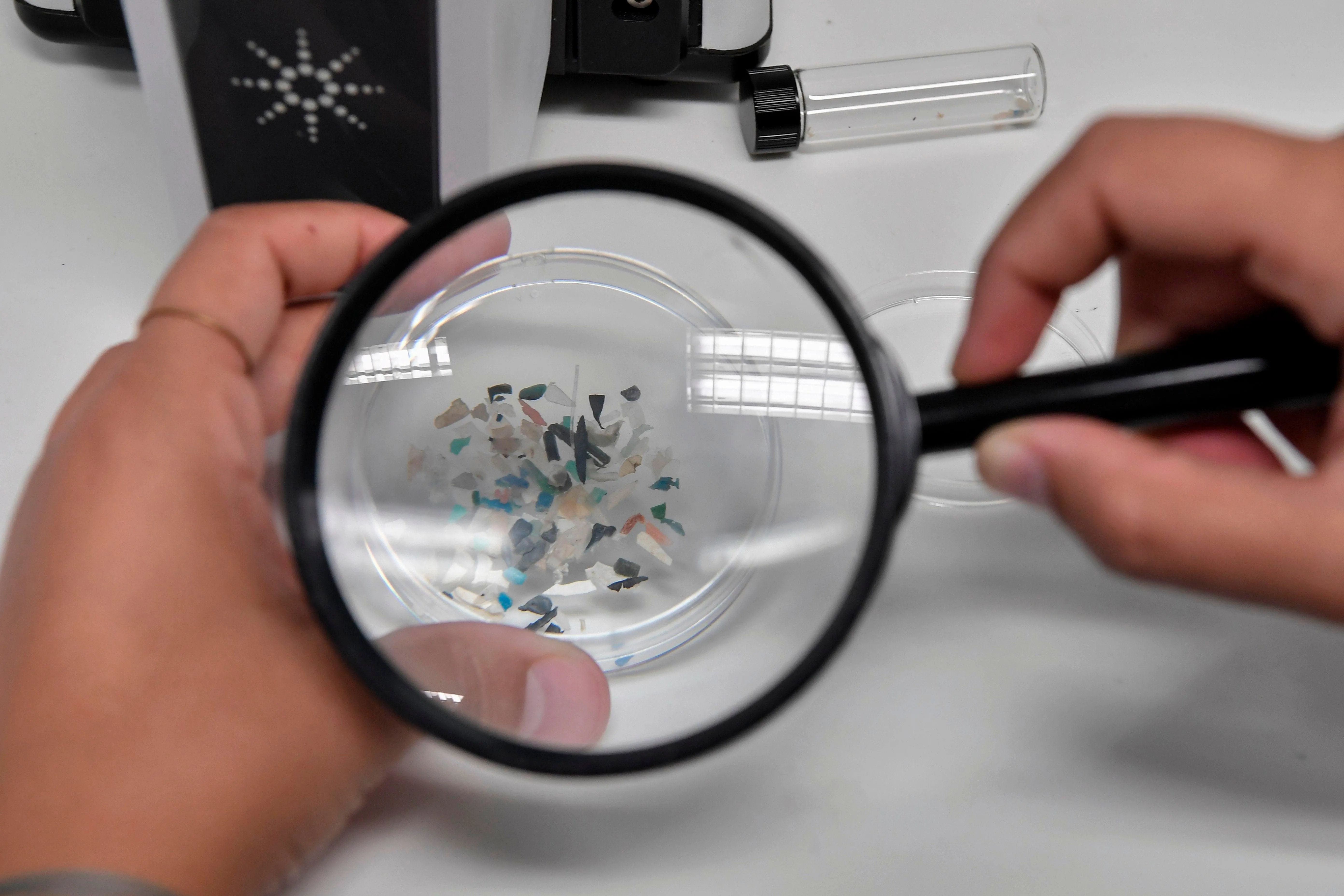Microplastics Found in Human Brain: JAMA Network Open Study Insights

Microplastics: Health Concerns and Recent Findings
Recent research published in JAMA Network Open indicates that microplastics, tiny plastic particles that have become ubiquitous in our environment, can be found in human brain tissue. These findings build upon earlier discoveries of microplastics in the blood and heart, highlighting a troubling trend regarding their presence in the human body.
The Passage of Microplastics into the Brain
- Pathways through nasal passages may allow for the entry of these substances into the brain.
- Potential health implications related to cognitive decline and other neurological issues.
Impact of Microplastics on Our Health
As researchers delve deeper into the effects of microplastics, it is becoming increasingly evident that rigorous assessment is necessary to determine their long-term impacts on human health.
Disclaimer: The information provided on this site is for informational purposes only and is not intended as medical advice. We are not responsible for any actions taken based on the content of this site. Always consult a qualified healthcare provider for medical advice, diagnosis, and treatment. We source our news from reputable sources and provide links to the original articles. We do not endorse or assume responsibility for the accuracy of the information contained in external sources.
This article was prepared using information from open sources in accordance with the principles of Ethical Policy. The editorial team is not responsible for absolute accuracy, as it relies on data from the sources referenced.